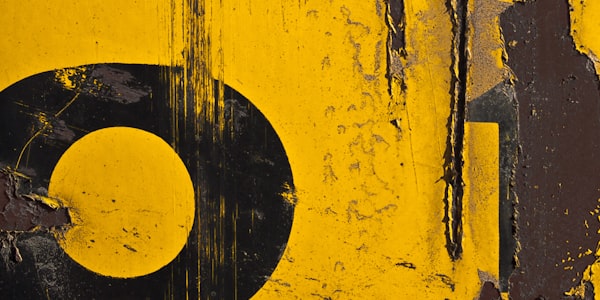A curious attack today on SA wine competitions from Johann Krige, chairman of WOSA and proprietor of Kanonkop. After listing his own IWSC and Veritas triumphs, Johann fires a broadside at shows claiming “the value of entering wine competitions, of which there are too many in South Africa, is becoming questionable. It has surely served Kanonkop well in the past, but do we as an industry need to take a fresh look at what value there is to be had in entering?”
Johann claims that Kanonkop “only enters wine competitions bi-annually” which could explain why they don’t always pop up in the ABSA Top Twenty Pinotage lists. It’s a curiously quaint policy, as I’m sure most people assume they enter each year and when they don’t win, assume that the wines didn’t make the grade. Of course a French First Growth brand would never ever enter a competition. They have too much to lose. By entering only in odd years, is Johann confirming Kanonkop is half way to first growth status?
Johann advances four main criticisms of wine shows:
1) “Whilst one cannot wish away the entrepreneurial spirit of the people and sponsors behind these competitions, our industry financially just cannot afford it. Participation costs are exorbitant and the poor consumer is drowned in a plethora of trophies and medals.” Not always. At our Checkers Battle of die Berge last month, entry fees for producers was zero.
2) “At the cost of the producer, we have to import foreign judges to tell us what is good or not.” Not always. At our Checkers Battle of die Berge last month, all judges were local.
3) “A producer is either terrior driven or market driven. Pending your approach the variables in terms of viticulture and viniculture practices become immense. Neither terroir nor a market driven approach reflects in any competition results. It’s either good or bad.” Not always. At our Checkers Battle of die Berge last month, chairman of judges Danie de Wet and a panel of experienced tasters specifically looked for terroir character. A tutored tasting at Muratie later this month will show if they succeeded. Just because something is difficult to do should not stop the brave from attempting to do it.
4) “I have not even touched on the inconsistencies of and discrepancies between the results of all the various competitions.” In the case of our Checkers Battle of die Berge, few would call Vergelegen, Alto, Vergenoegd, Glenelly, Delaire and Warwick discrepancies.
Johann’s conclusion is that it’s “time to rationalize!”
My own reservations about competitions would focus rather on undisclosed conflicts of interest of judges and organizers like the recent FNB Top Ten Sauvignon Blanc Competition and allegations of serious irregularities levelled at the Michelangelo International Wine Awards by a foreign judge a couple of years ago.
But let’s not throw the baby out with the bath water. On the contrary, there should be even more competitions to dilute the power of patently unfair carve-ups like the annual Platter strip show and competitions with a political agenda like the Toasty Show sponsored by Old Mutual which this year launched an amazing anti-cork campaign. Where I do agree with Johann is that producers should not pay for these beanos. Let those who make the most out of wine pay – retailers and sponsors.




